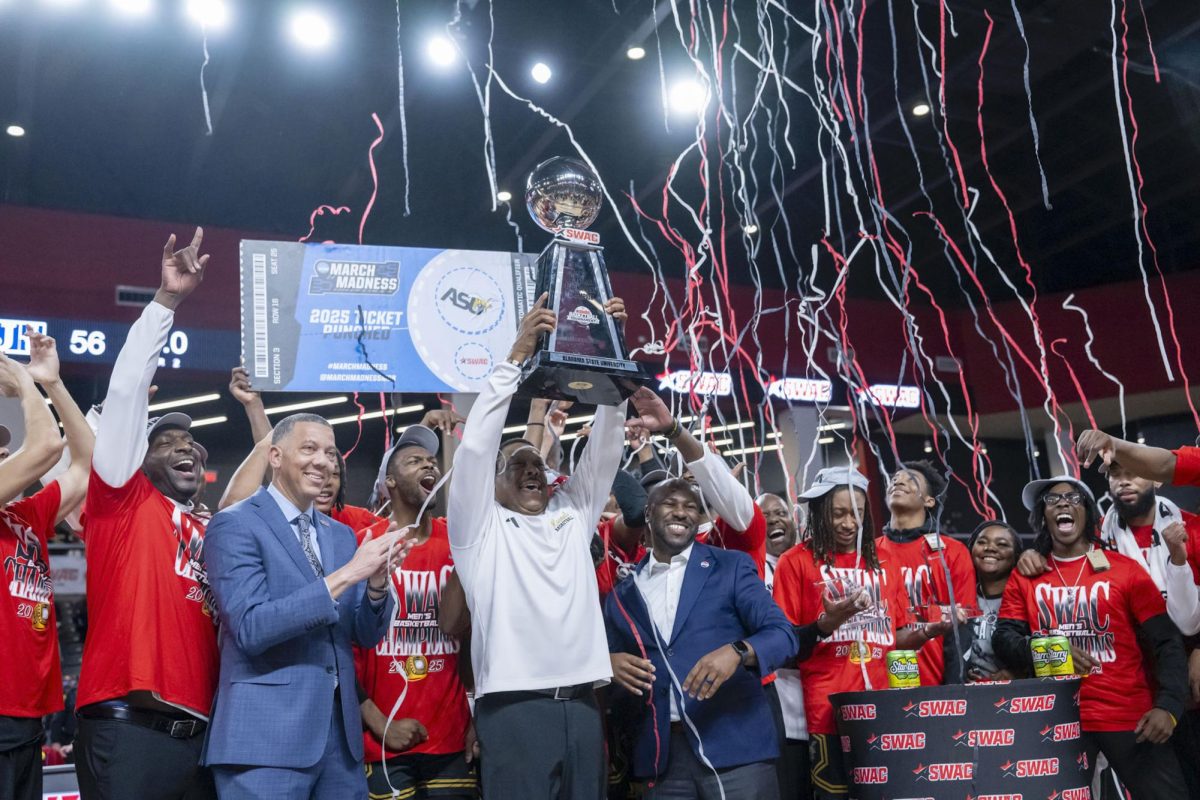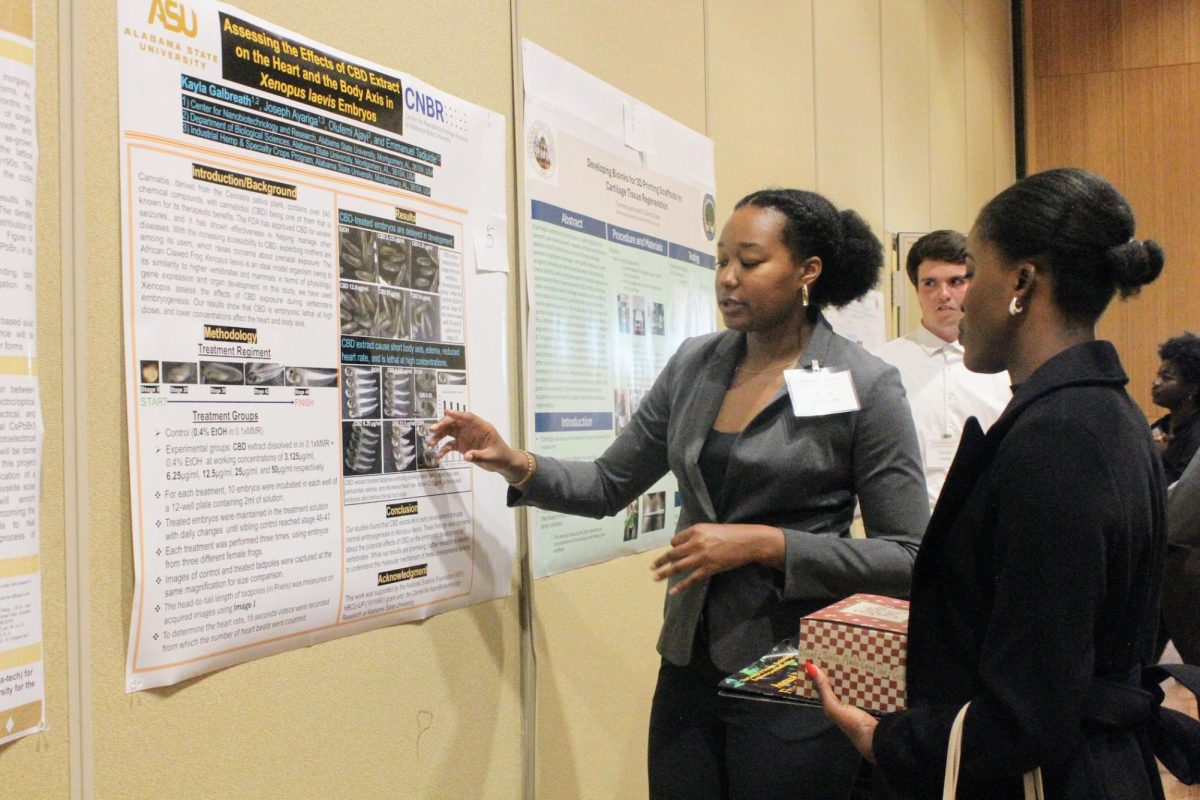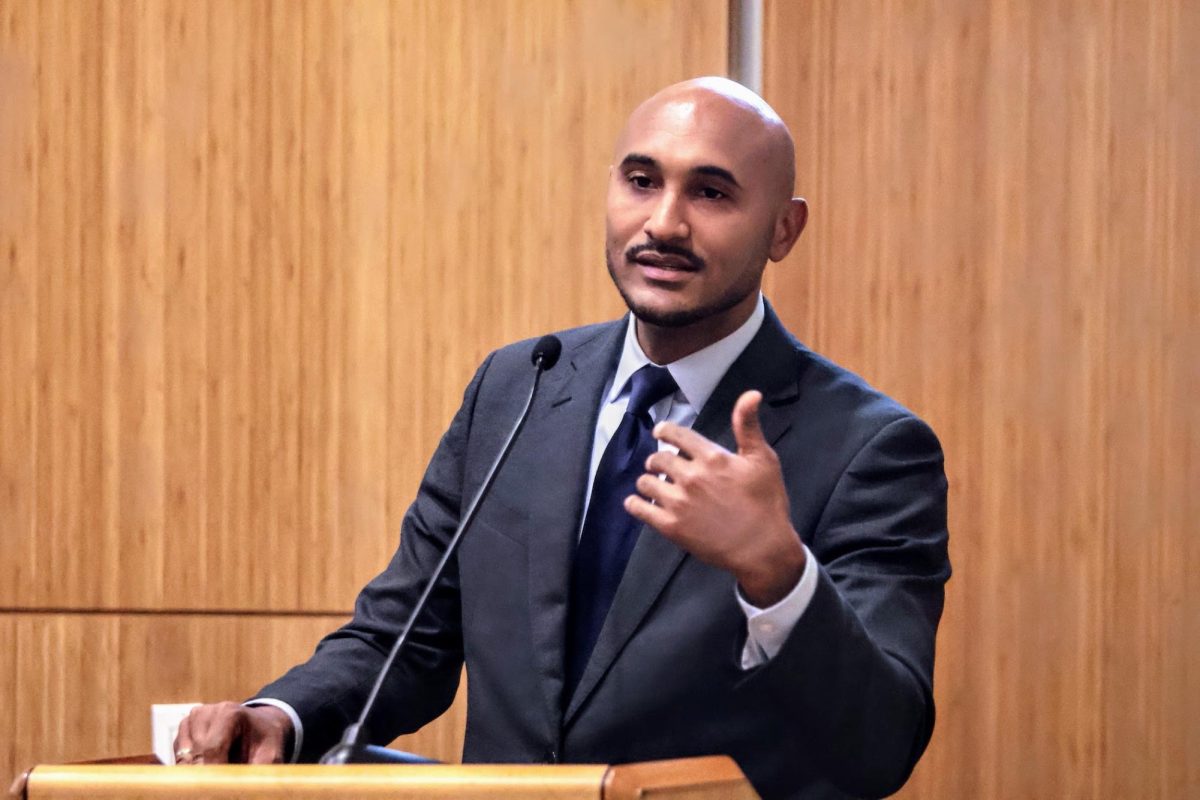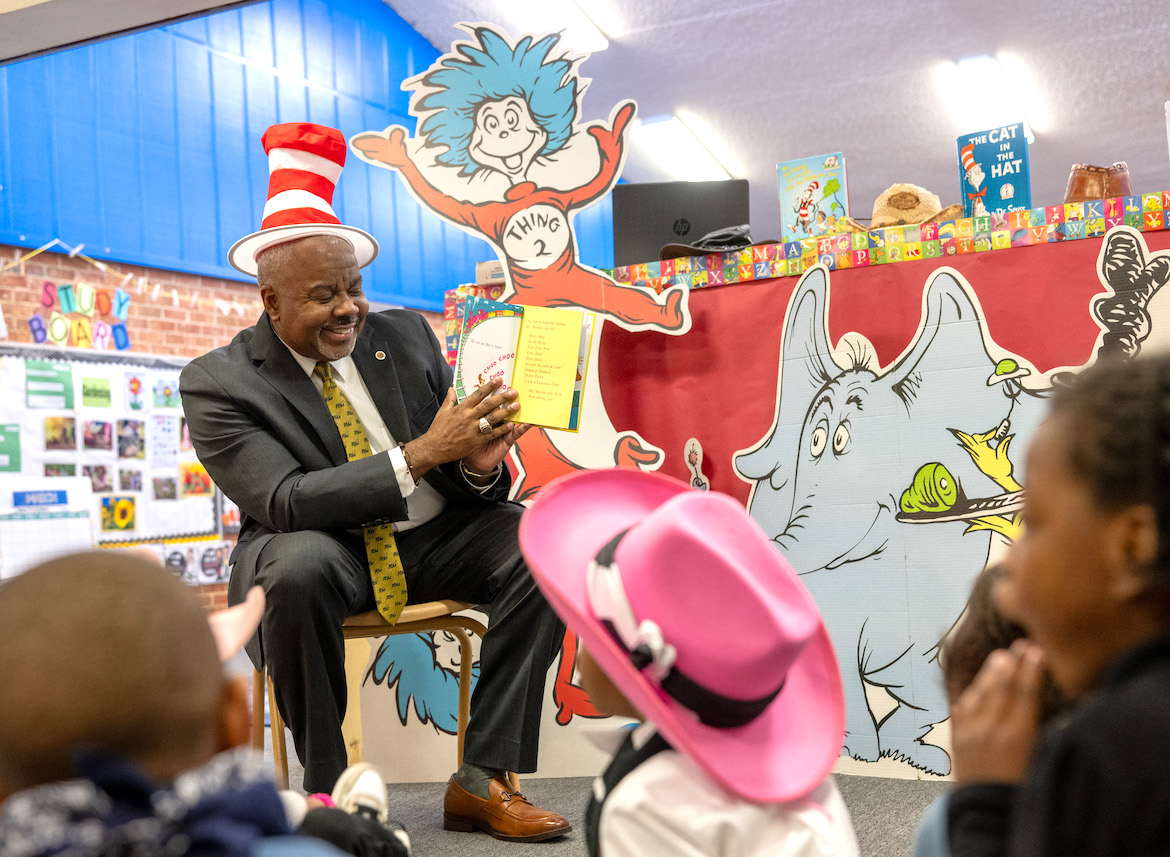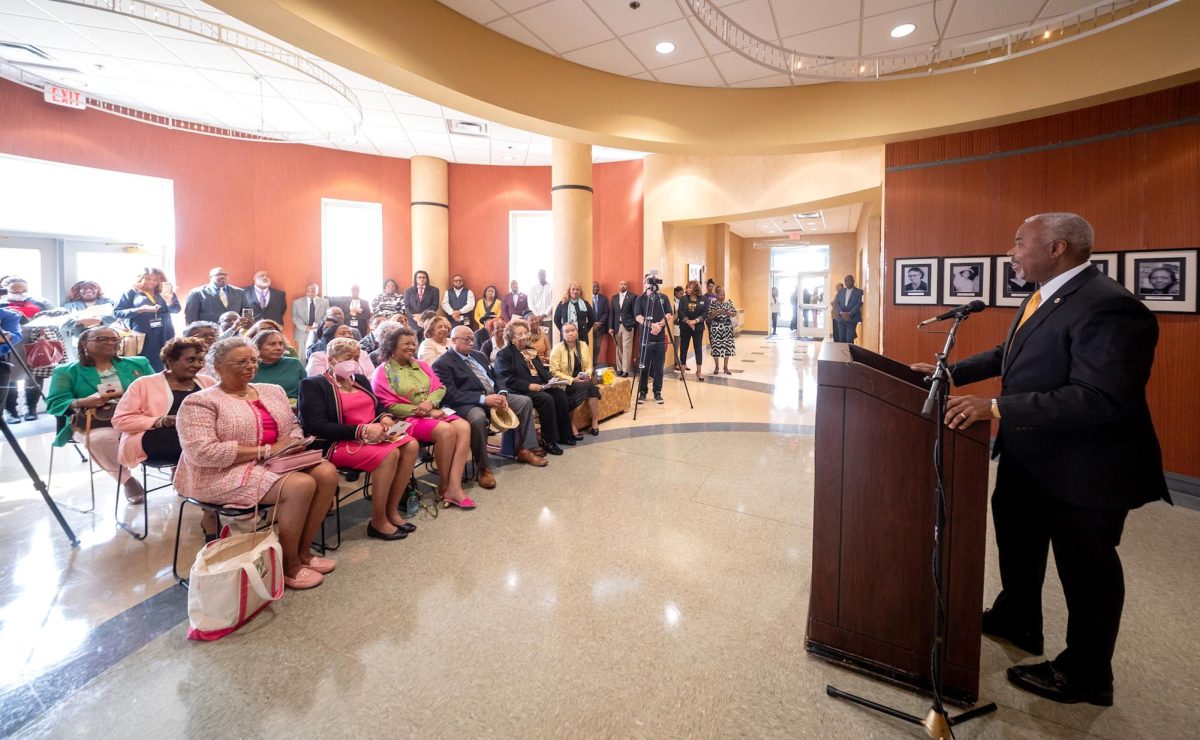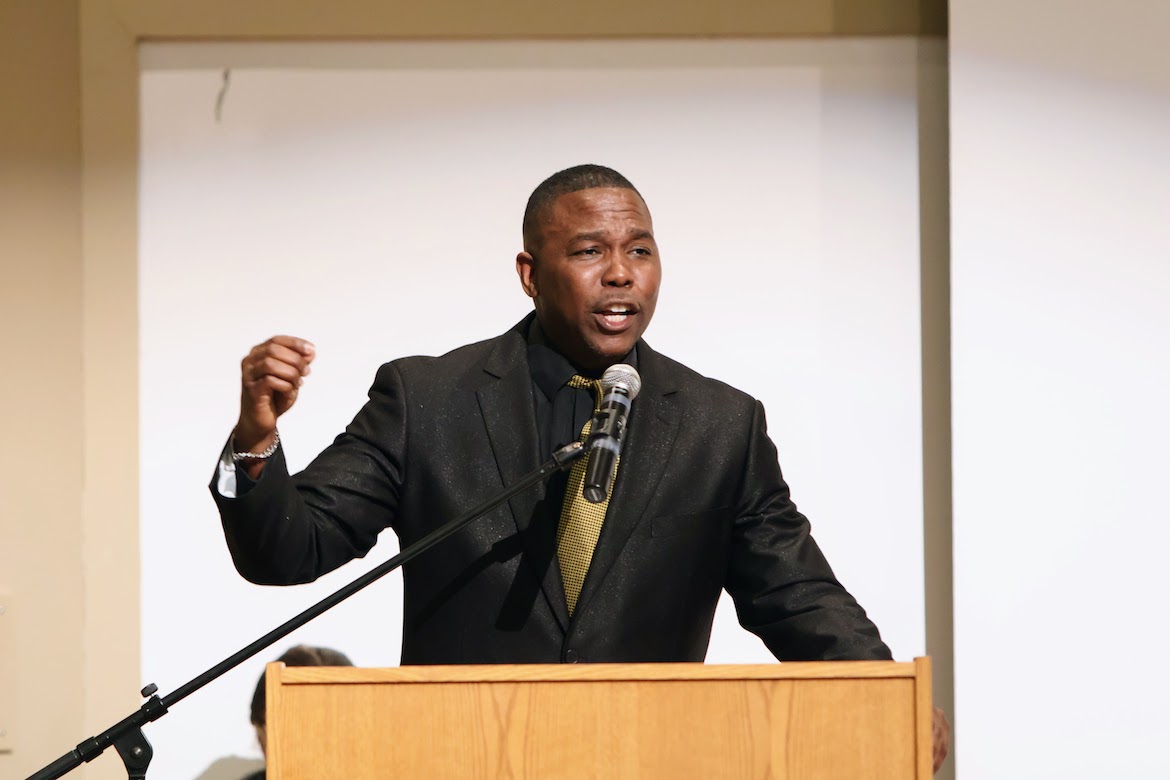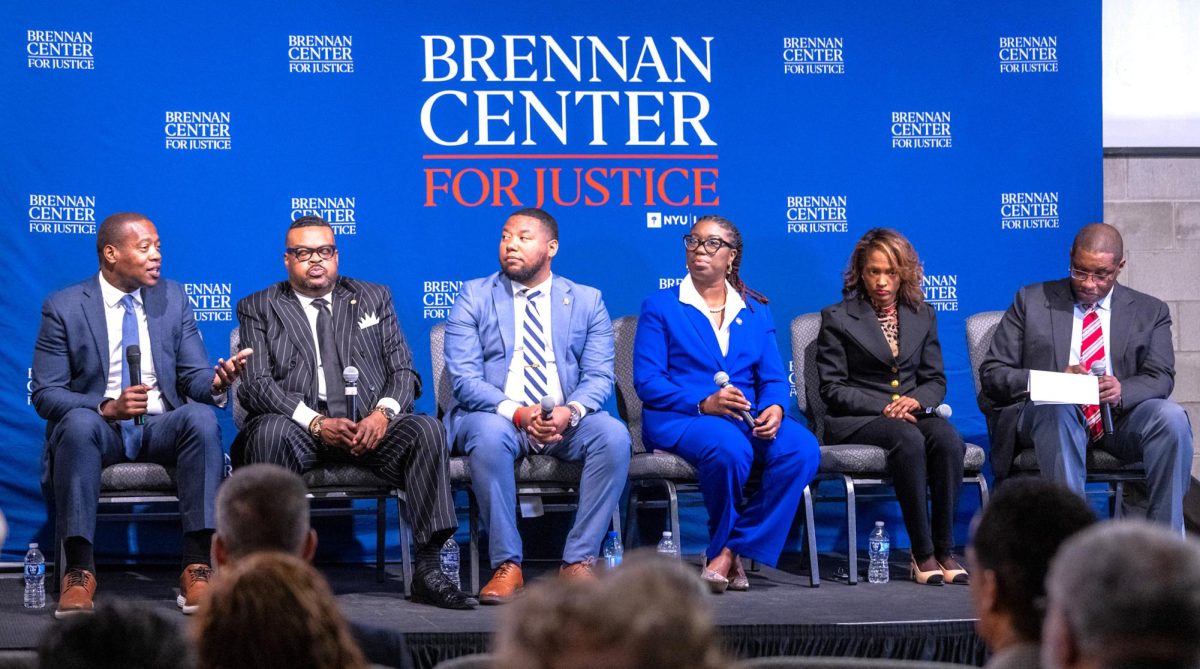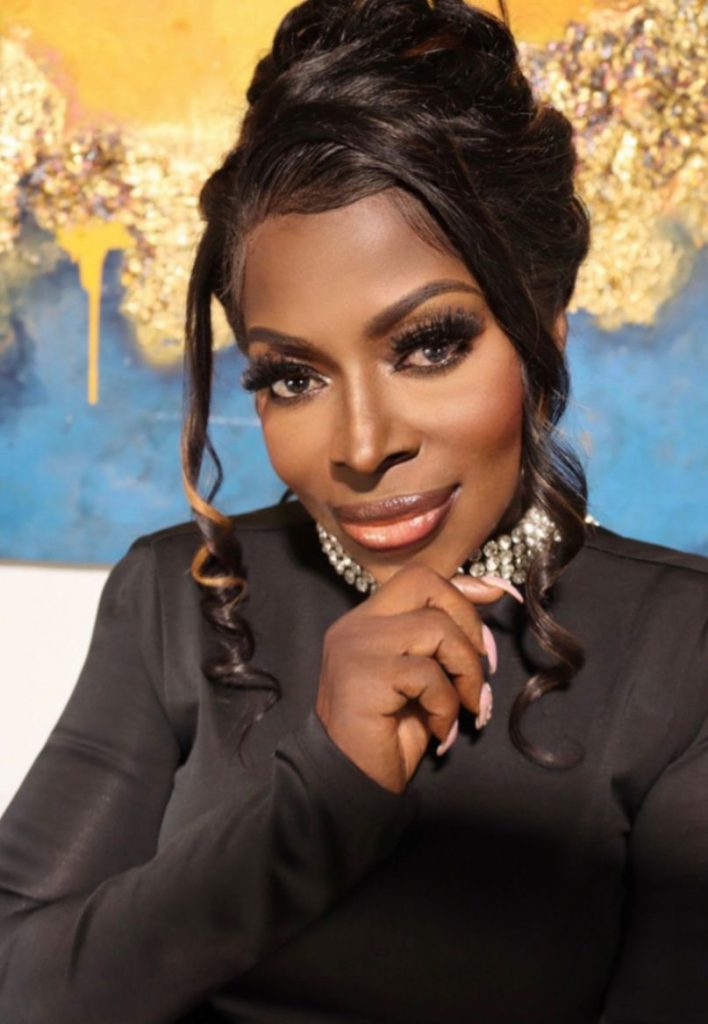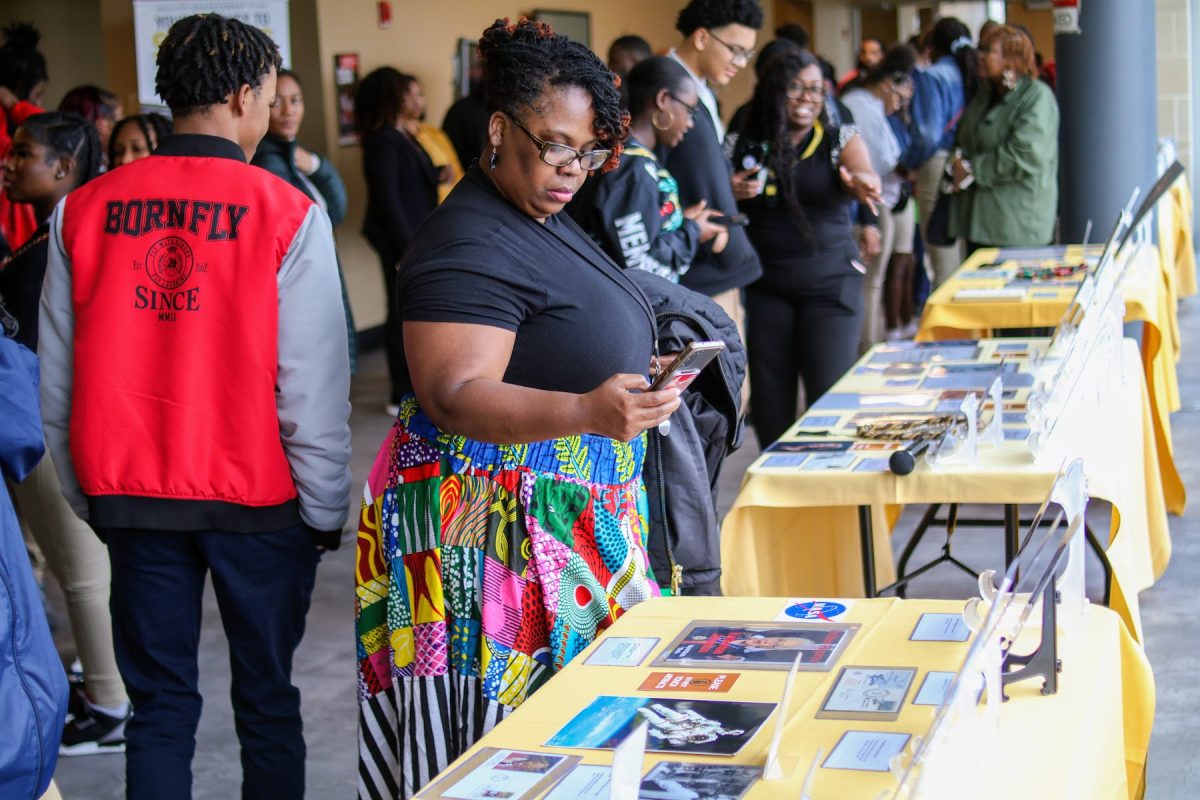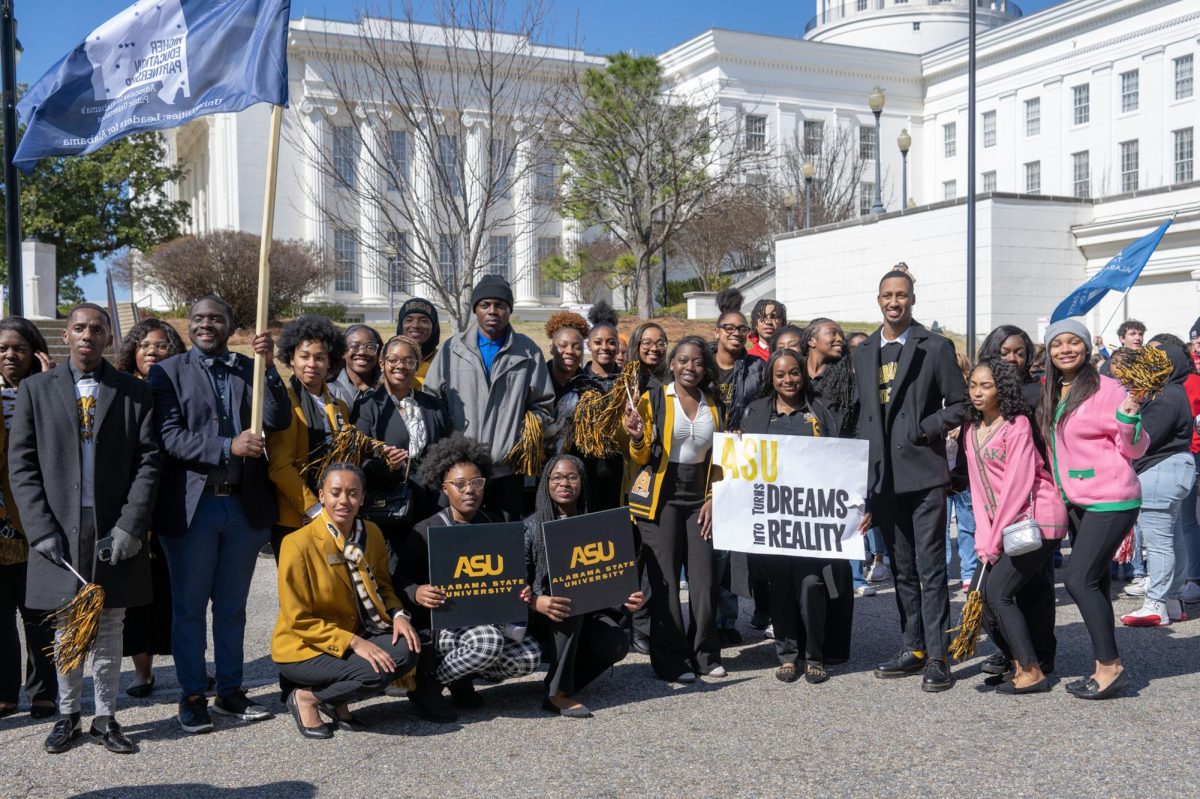The aftermath of Donald Trump’s re-election has been marked by a wave of controversy, including the circulation of racist text messages that sparked outrage among students, faculty and the nation. The texts, which tell the receiver they are going to be taken to a plantation to “pick cotton,” were reported in at least 24 states and primarily appeared to target Black teenagers to adults. The messages, perceived by many as inflammatory and racially charged, have prompted a strong reaction and raised concerns about the normalization of such rhetoric.
Carlos Morrison, Ph.D., weighed in on the troubling trend.
“People who are Trump supporters, MAGA (Make America Great Again) supporters or people with those beliefs feel they can say or do whatever they like, this time in the form of a text message,” Morrison said. He expressed concern that the source of these messages might feel emboldened by the current political climate. “These racist comments are being made because they have backup all the way to the White House. So, who’s going to stop them now?” He questioned.
Morrison also speculated on the long-term implications of these actions.
“I do think it’s going to get worse over time, but I hope not. I just feel that these people are bold and have been empowered to do it. I would not be surprised if more messages like this were sent out in the future,” he said. However, he urged individuals to remain vigilant. “We have to stay vigilant, stay on guard and on post. We have to be aware of these kinds of things in this environment, the things that can or will happen. Prepare yourself to be proactive and notice the patterns that are developing.”
Students across the campus also shared their perspectives on the incident, reflecting a range of emotions from frustration to resilience. Johnna Robinson, a graduating senior majoring in early childhood education, found the messages deeply inappropriate.
“If those messages were sent out as a joke, they were not funny. It’s a time and place for everything; everyone’s emotions were all over the place when Trump was announced as the winner, and that text message just makes things worse,” she said.
Ebere Oha, a graduating senior majoring in psychology, emphasized the gravity of the situation. “Our rights are not a joking matter, and some things should not be taken lightly. People are either too comfortable in their racism or don’t know when a joke is taken too far,” Oha said.
Other students reflected on the complexities introduced by digital platforms in addressing such issues. Sydney Guy, a junior majoring in communications, expressed relief at not having received the message but noted the challenges posed by online communication.
“Social media makes it hard to take these things seriously. I’m glad I didn’t receive the text message. I can only imagine what the reaction was for those who did,” she said.
Some students acknowledged the nuances of the situation while condemning the messages.
“You know, it’s definitely not funny, but I can see where people are finding the humor in it. Trolling is a thing now, and we have to be able to know whether we are taunted or targeted,” said Roberto Earle-Lynch, a graduating senior double majoring in business management and marketing management.
Mykhi Johnson, a senior majoring in communications, echoed this sentiment, pointing to the intent behind the messages. “I honestly believe whoever sent out the messages was trolling. Does it make the joke okay? Of course not. But it got the wrong attention because now the FBI is involved,” Johnson said.
The incident has left the nation grappling with questions about accountability and the role of political discourse in fostering or combating hate. As investigations continue, many are calling for heightened awareness and proactive measures to address and prevent similar actions in the future.



